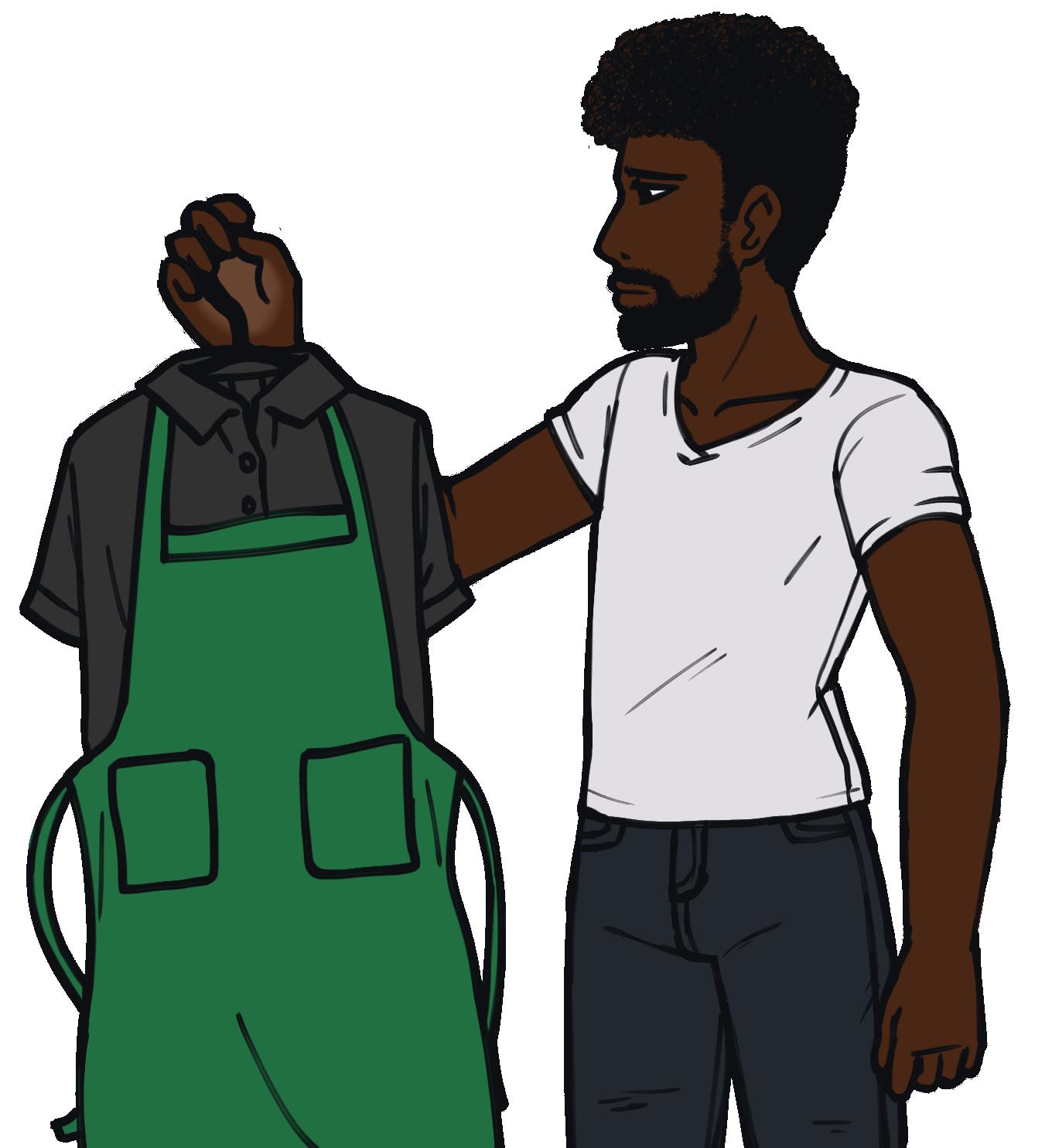HEALTH
How I’ve Coped with Epilepsy A letter from an epileptic
A
s a person with epilepsy, I have come across many others who are not sure of what this condition is. Before I turned 15, I hadn’t paid much attention to people with seizures, so after having my first one at the age of 14, my knowledge of epilepsy and seizures grew. Epilepsy is a neurological disorder, and if a person is epileptic, he or she has seizures. While most people act similarly while they’re having seizures, different types of seizures exist. There are also different stages of epileptics. For instance, I have juvenile myoclonic epilepsy, which means I have seizures, but I can control them more easily if I am on medication. That title was also given to me because juvenile epilepsy ranges from the ages of nine through 21, and I was a teenager when I was diagnosed. While my case isn’t as bad as others with epilepsy, as I have only had four seizures in my lifetime, some people have seizures daily and take several medications. The Epilepsy Foundation’s website said that there could possibly be reasons for people having seizures like a brain injury or family genes, but the most common answer
is unknown. I am one of those common people; I do not know why I have seizures. Triggers are important to know when dealing with an epileptic. My first seizure was caused by a large amount of stress combined with the sunlight quickly beaming through the trees like a strobe light while I was on a school bus. Strobe lights are known to attack those of us with epilepsy because our brains have stigmas that are moving too fast and unproportionately. Sleep deprivation and missing medication or not taking the right dosage are other triggers. I’ve had a seizure in the past because of the combination of missing my twice a day dose of Keppra, my epilepsy medication that decreases my seizures, and not getting enough sleep. During my most recent seizure, I woke up early that morning because I was supposed to work that day. I had been out late the night before, so I was pretty sleep deprived. Not to mention, I had forgotten to take my medication when I came home that night. I felt myself starting to jolt. When a person jolts, twitching comes to mind, but more of a strong twitch, causing that person to move the entire body. I called my roommate, Ashlyn Shoup, as soon as I realized what was happening,
and I told her that I might be having a seizure. She rushed to my aid just in time. Right before I blacked out, I remember trying to get her to talk to me as I laid on my bed, just a casual conversation to distract me. The next thing I remember was coming to with her beside me asking me questions that I barely remember today. Seizures don’t allow much memory before, during, and after the process an epileptic person goes through. During the seizure itself, I have never recovered any memory, only tid-bits before and after. There are possibilities of biting one’s tongue or vomiting, but usually biting the tongue is most common. Because a person has no control while he or she is undergoing a seizure, having another person there to care for you is the best route, but that won’t always be the case. I have had instances where I have been completely alone and have banged my head against hard surfaces. I used to have a decent memory, and now, due to a couple
"the most important thing is that you stay calm because otherwise the situation is just going to escalate." 10 | The Saber | SPRING 2020
REBEKAH MELOY








